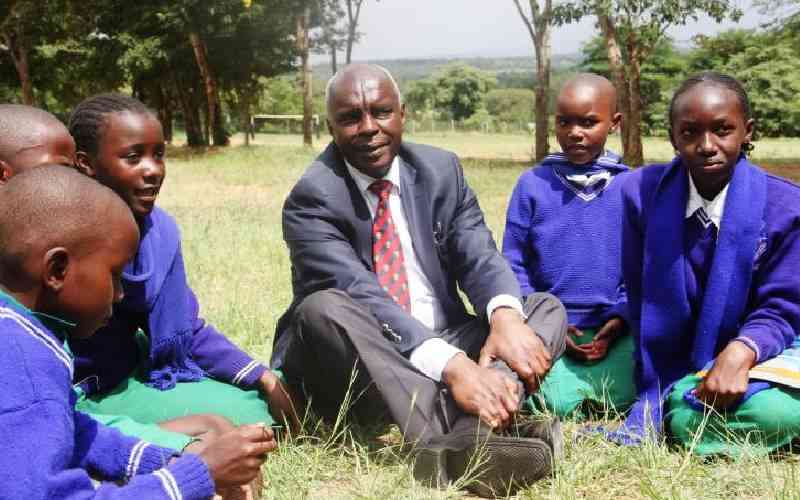
In a rather candid, subtle and bold approach, Professor Kivutha Kibwana's new book 'These Words: An Anthology of Poems' revisits Kenya's political history with pain.
Tracing beacons of political and social injustices as the drums of a new political era begun to roll in the country back in the 80s and 90s, Kivutha, the creative, immerses himself in deep thoughts. Off his chest, he narrates harsh realities he had first account of, some so blunt brutal atrocities inflicted on his friends, political activists and the ordinary man. A shoe wearer of a society seeking social sanity, he is a man afflicted in mental torture.







